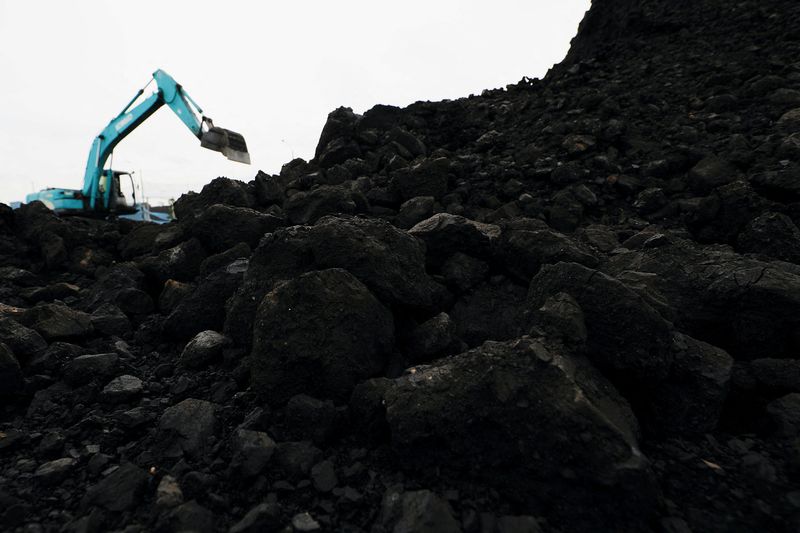JAKARTA (Reuters) - Indonesia needs to improve transparency of its power plant shutdown plans, the Institute for Energy Economics and Financial Analysis (IEEFA) said on Friday, as the country launches at least five energy transition schemes.
Indonesia has in recent months announced agreements with international groups to finance its transition away from coal into renewable energy, including a $20 billion deal arranged by G7 countries under the Just Energy Transition Partnership (JETP) and the Climate Investment Fund's (CIF) $500 million allocation of concessional financing.
While details of some of the schemes are still being negotiated, CIF together with the Indonesian government have published formal details of the programme's investment scheme.
The IEEFA report said that under the CIF programme, state-run Perusahaan Listrik Negara (PLN) would shut down nine coal power plants with a total 4.9 gigawatt of capacity, but some were already "very old" and "beyond their economic useful life by 2055", the year by which they are due to be decomissioned.
Some of the power plants proposed by PLN would be 40 by 2025, the average life of such facilities, and the utility should retire and write them off, the report said. PLN did not immediately respond to a request for comment.
"The key flaw in the presentation of the list of plants to retire is a lack of disclosure on the selection criteria," Elrika Hamdi, energy finance analyst at IEEFA, said in the report.
"A reasonable level of transparency and disclosure is required to justify why some plants are better than others," she said, adding that the level of pollution generated and the overall marginal cost of operation should be key factors.
The same concern applies to the lack of disclosure on the selection process of the Asian Development Bank's (ADB) first potential transaction for an early coal power plant retirement, Hamdi said.

Indonesia, the ADB and a private power firm announced last month they are teaming up to refinance and prematurely retire a 660-megawatt power plant in West Java.
The report added that with all the schemes running simultaneously and the long lead time of each transition, Indonesia also needs to ensure strong governance and long term political commitment.